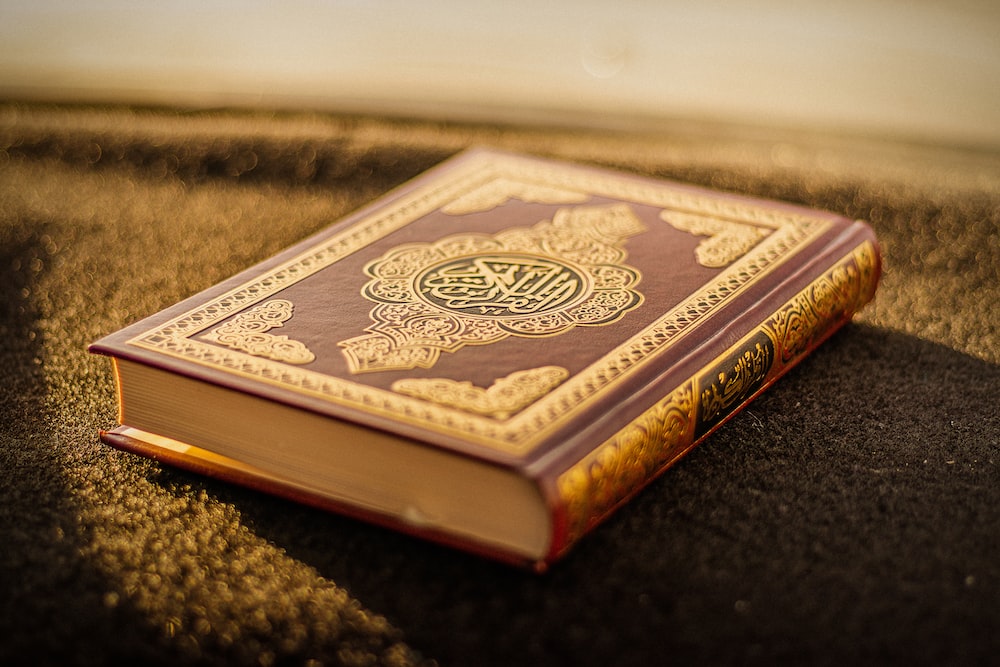By, Ibrahim Garabiyah-Center of Research,
Jordan University Translated by Qasim Hersi (Canada)
In our public affairs/needs and day–to–day intellectual activities or even concerns about our way of lifestyle, we find numerous unanswerable questions that we leave in a status of obscurity. Similarly, it seems that there are many unanswerable questions concerning our style of worshipping God and our method of understanding our religious texts or even the objectives of our religion. These questions have been among the norms of the socio–religious traditions practiced for the last fourteen centuries. The discussion regarding these questions has been limited to certain men recognized as scholars of our religion. Thus, the public accepted that these men are the directors and maneuvers of our lifestyle.
By reshaping our culture and reforming our fundamental faith elements, it has been forbidden to talk about a religious matter except by such individuals who were wrongly designated to be the official Islamic law specialists. This means they are the only persons who were endowed with the knowledge of both religion and worldly developmental initiatives. It also means that there is no role for the rest of the society’s members, be it religious matters, community internal/external affairs, or personal privacy.
To receive and follow what those scholars had said, one needs to have a local faith– broker who teaches and trains them on how to get connected to one of these principal scholars. Under this instruction, one was obliged to be dedicated to understanding and conforming to the religious norms based on, and limited to, only how that particular classic scholar had understood Islam. There, they create chains of receiving and relaying Islam and its guidance. This has resulted in many individuals and groups to engage in spreading a phenomenon ordaining that Islam/Qur’an cannot be applied unless traditionally accredited professionals play their role. They regulated that one cannot claim to be a pure Muslim accepting and following religious ordainments without
following the methods and instructions of those scholars. However, it is necessary to bearing in mind that religion covers all forms of social, political, governmental, public relations, social lifestyle, scientific, economic development, and management. These issues have inadvertently turned our religion to a theory of following religious scholars regardless of their educational level and background and a method based on specialization of Sharia.
Problems and questions
Each group or sect claims to be the only right part that is eligible to explain and clarify the religion and religious matters. Hence, they to deprive the right to knowledge and proper understanding of the entire religious issues. This ostensible pretext gives them false religious authority as they were assigned, by their societies, to be the experts who can bring in a valid argument, description, discussion, and absolute judgment.
Nevertheless, several questions can become obstacles to the application of religious matters.
Among them are the following:
- Where did anyone of human being originate?
- What are the capacities and authorities of the human being?
- Who are we to represent God?
- Who has the authority to claim such a power?
- Who has the right to speak about religion?
- Who can control and correct the exact way of presenting and discussing the proper method to fathom the religion?
- How does it come to an individual the people to possess the feeling of deciding about the people’s faith, religious understanding, relationship with Allah, and connection with their God and religion?
- What may cause some people to feel that they are the only mandated guardians assigned to control the believes and faiths of everybody
- How do they feel having the mandate of controlling the other people’s mental exercises and understanding regarding their faith and means of worship?
- How do they dare to claim to have the command of connecting people to their Creator by correcting their faith?
- Do they, themselves, properly practice the same religion they represent and talk about?
Let us look at the matter from another angle. It seems that some other individuals were also considered as guardians of our personal lives and public affairs. This latter group controls our day–to–day activities by claiming to protect us from some perceptible threats. These are medical professionals, economists, agrarians, and politicians. They all claim that since we (laymen) are not specialists, we have no decision and nothing to do with our affairs and cannot even think and analyze issues and events. Thus, they argue that we must obey and follow what has been decided for us by the holders of higher certificates from the most prominent universities in the world.
With our respect and appreciation for their knowledge and their honesty, these knowledgeable specialists cannot force us to accept their pieces of advice and cannot control our day–to–day activities. This is our lives and our health issues. The same must be applied to our decisions regarding our worship. We will be individually
resurrected from the death position to meet with Allah, the Almighty and the Most Merciful, on the Day of Resurrection. Neither on that day nor afterward can self– styled God representatives extend a hand of help to those who nominated them as God’s representatives.
Therefore, it is a practical reality that the Message of Islam directly concerns everybody who is a mature person both in mind and age and is a sensible person without any form of interceding or representation. This nullifies the question that says ‘it is forbidden to talk about a religious matter except for Islamic scholars or Islamic law specialists’. The Qur’an’s basic aim is to provide the best guidance and number of advise to each
individual of the humankind at its entirety in every era at an individual level without having any mediator or counselor.
Therefore, it is a practical reality that the Message of Islam directly concerns everybody who is a mature person both in mind and age and is a sensible person without any form of interceding or representation. This nullifies the question that says ‘it is forbidden to talk about a religious matter except for Islamic scholars or Islamic law specialists’. The Qur’an’s basic aim is to provide the best guidance and number of advise to each individual of the humankind at its entirety in every era at an individual level without having any mediator or counselor.
Ibrahim Gharaibeh
Researcher at the University of Jordan,
Center for Strategic Studies.
Al–Tanweer – Issued by the Peace Message Foundation – Eleventh Issue – May 2021


